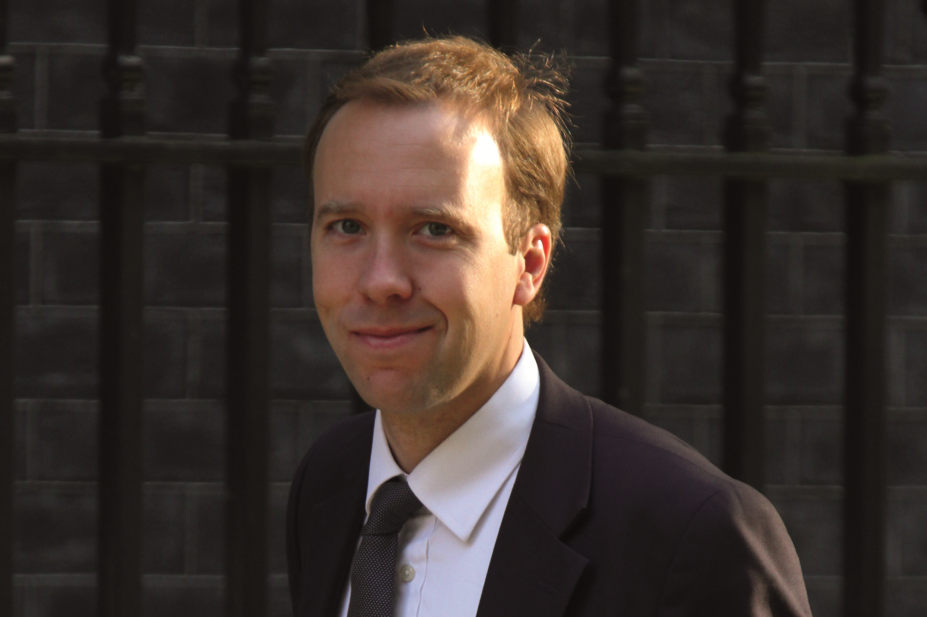
Ian Davidson Photography / Shutterstock.com
The government has announced that licensed medicines wholesalers will be able to hold reserve stocks of medical cannabis, effective immediately.
In a press release published on 2 March 2020, the Department of Health and Social Care (DHSC) said that licensed wholesalers will now be able to import larger quantities of cannabis-based products and hold supplies for future use by patients with prescriptions.
The change in legislation will mean that patients with multiple sclerosis and rare, severe forms of epilepsy “will be able to access their prescribed medicines quicker”, the government said.
Previously, medical cannabis could not be imported in bulk to be held as reserve stock — only the amounts that were required for individual prescriptions could be imported. This had led to delays in patients receiving their medicine, because specialist importers were required to notify the Medicines and Healthcare Regulatory Agency (MHRA) at least 28 days before the date of any intended import. Only the amount written on the prescription could be imported.
Doctors on the specialist register, who are able to prescribe medical cannabis, would have to notify the MHRA of likely requirements before any drugs are imported, and then any prescriptions they write, could be drawn from that supply.
In its press release, the DHSC that export restrictions had also contributed to delays, noting that “in Canada, an export certificate can take four to eight weeks”.
In a parliamentary written answer published on 4 February 2020, pharmacy minster Jo Churchill said that the government was “aware that some wholesalers and pharmacies have reported challenges” around importing medical cannabis, and added that discussions were underway on how to mitigate delays: including “exploring mechanisms to allow licensed wholesalers to hold a small reserve stock”.
Commenting on the change in regulations, Matt Hancock, secretary of state for health and social care, said that the changes were “a tremendous step towards improving the supply of cannabis-based medicinal products by helping to ensure quicker and more reliable access for patients”.
The news was also welcomed by Andy Yates, pharmacy lead at the Centre for Medicinal Cannabis, who said that a delegation of its members had met with Hancock and other and senior DHSC officials to “explore the fine details of the plans to implement these new measures”.
He said the news would be “warmly welcomed by patients, carers and clinicians alike”, adding that the centre was “grateful that the government has listened to the valid concerns expressed by our members and responded with measures that will immediately improve access to these novel medicines and accelerate clinical understanding of their use”.
Yates also said it was “crucial as we build the evidence required to realise the potential of cannabis-based medicinal products that there are no unnecessary impediments to accessing prescriptions”.


